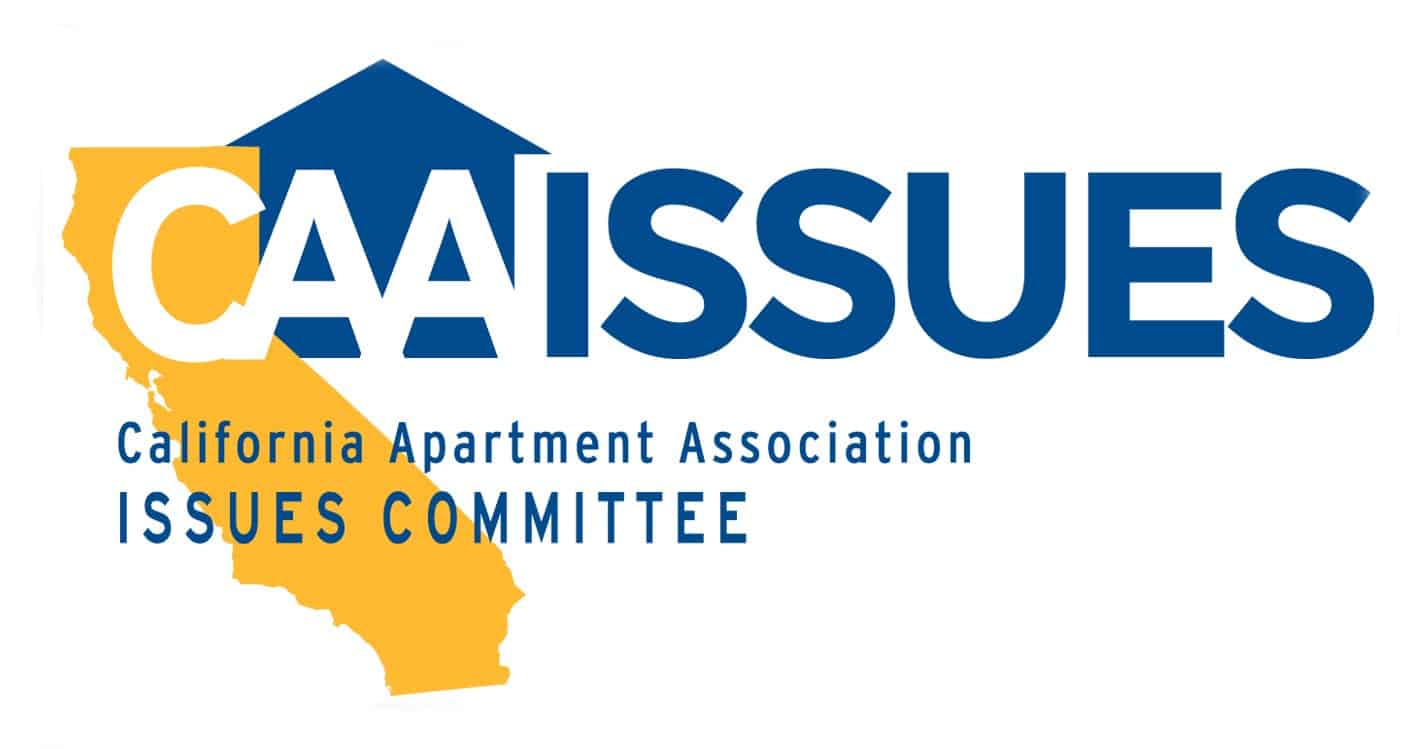In two weeks, the California Apartment Association will argue for an early ruling on key parts of its legal challenge to Alameda County’s ongoing COVID-19 eviction moratorium.
CAA’s motion for summary judgment, filed in July, asserts that Judge Laurel Beeler has enough evidence at hand to decide in the plaintiff’s favor on the “facial” claims, or some of the baseline legal questions, in the case.
The leadup to the Sept. 29 hearing has produced a volley of briefs from both CAA and defendant Alameda County. This week, CAA filed a brief in response to Alameda County’s opposition to summary judgment.
CAA’s motion argues that the county’s continued eviction moratorium effects a physical taking of rental housing owners’ property in violation of the U.S. Constitution and that the moratorium violates the Ellis Act, California’s law enshrining the right of landlords to terminate a tenancy to leave the rental housing business.
The county – though certainly not conceding that the moratorium infringes on owners’ property rights – largely sidesteps the issue and instead asserts that to the issue is too complex to be decided as a facial claim and should be litigated as an “as applied” claim, with the specific facts of how each owner is affected considered rather than a ruling being made as to the moratorium as a whole. While CAA pleaded both facial and as-applied claims in its lawsuit, only the facial claims are being considered by the court as part of this initial round of motions.
Most surprising was the county’s defense to CAA’s claim that the moratorium unlawfully prohibits owners from exercising their rights under the Ellis Act in cases where the tenant has a COVID hardship. Rather than attempt to defend that position, the county – for the first time – argued that the moratorium doesn’t actually prohibit Ellis Act evictions.
The only problem with the county’s position is that it’s false. While the moratorium itself is no model of clarity, as CAA’s reply brief details, there’s no other way to make sense of its overlapping provisions. Most striking, though, is that the county itself has been telling landlords and tenants for years — in published guidance — that if a tenant has a COVID hardship they cannot be evicted and there are no exceptions.
Briefs also have been filed in the companion case to CAA’s challenge, Williams v. County of Alameda. In that case, the city of Oakland and Alliance of Californians for Community Empowerment (ACCE) filed briefs in opposition, and the Berkeley Rent Stabilization Board and East Bay Community Law Center have asked the court to allow the filing of amicus briefs.
The court now has a couple weeks to review all filings before the hearing. Though it’s possible the judge could rule on the motions at the hearing, the more likely outcome will be that the matter will be taken under submission with a written ruling issued in the following weeks.

